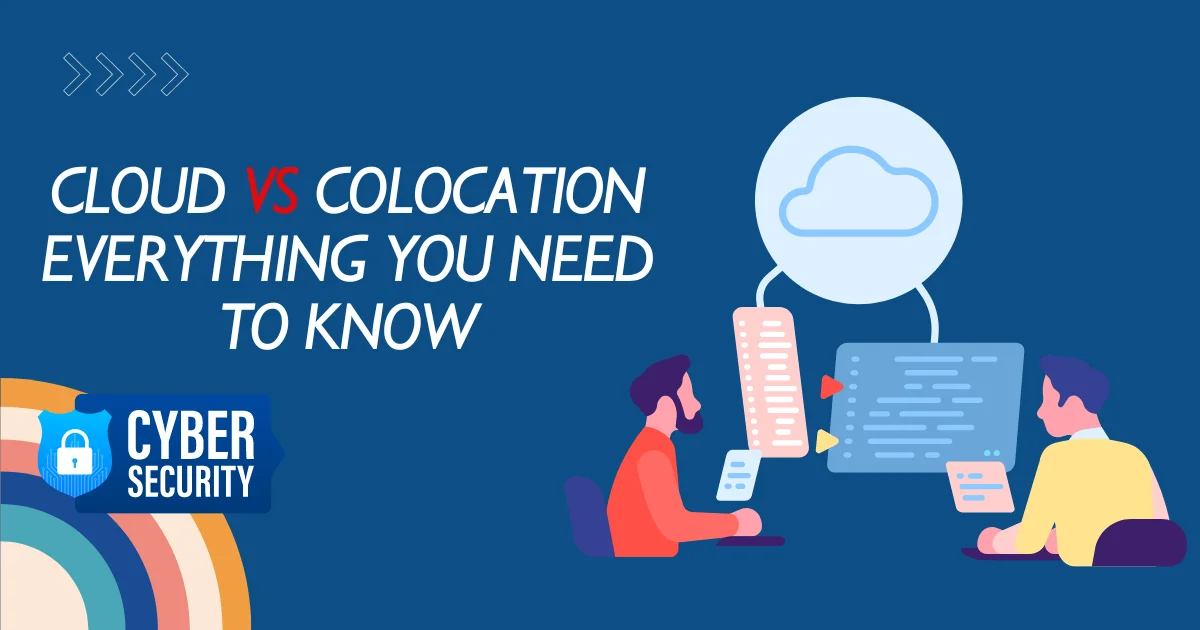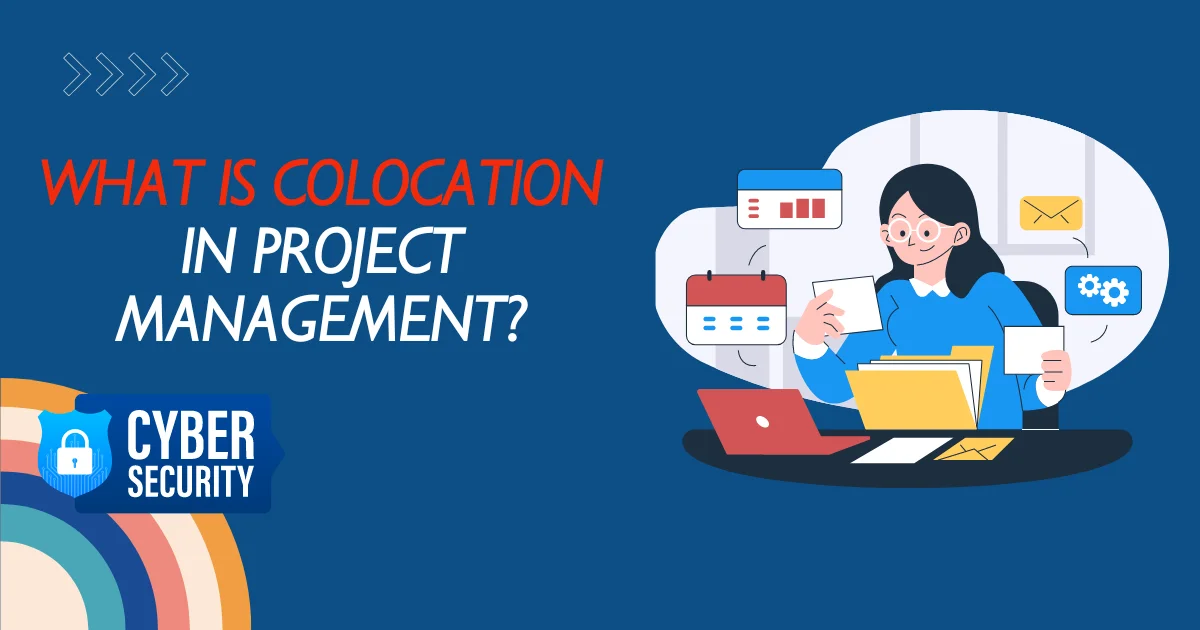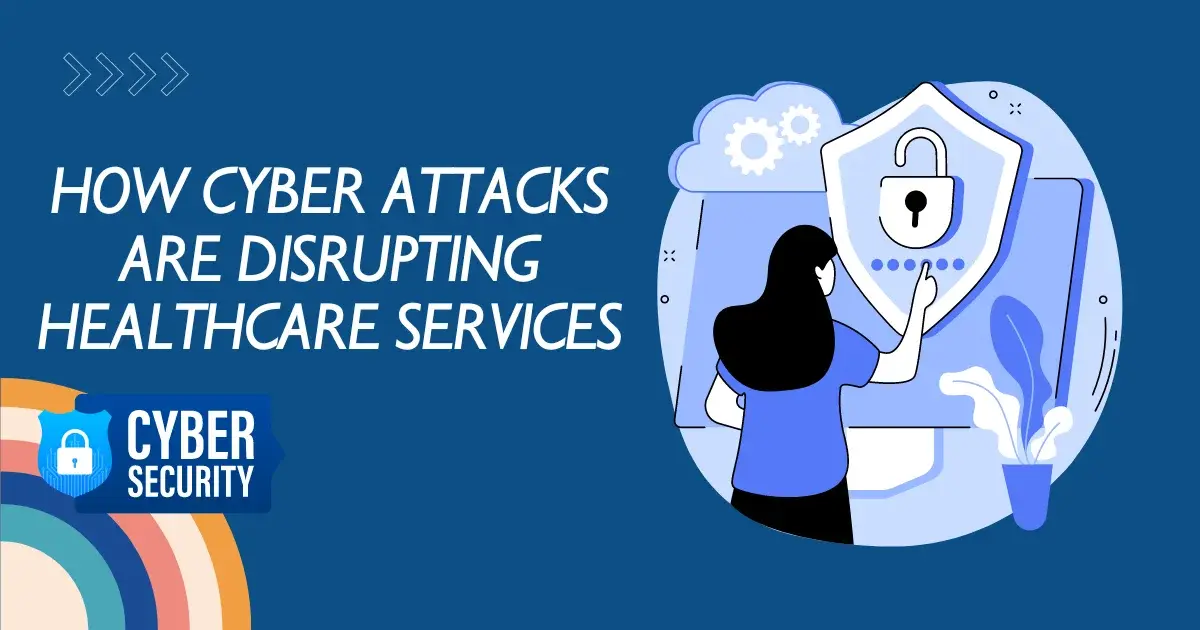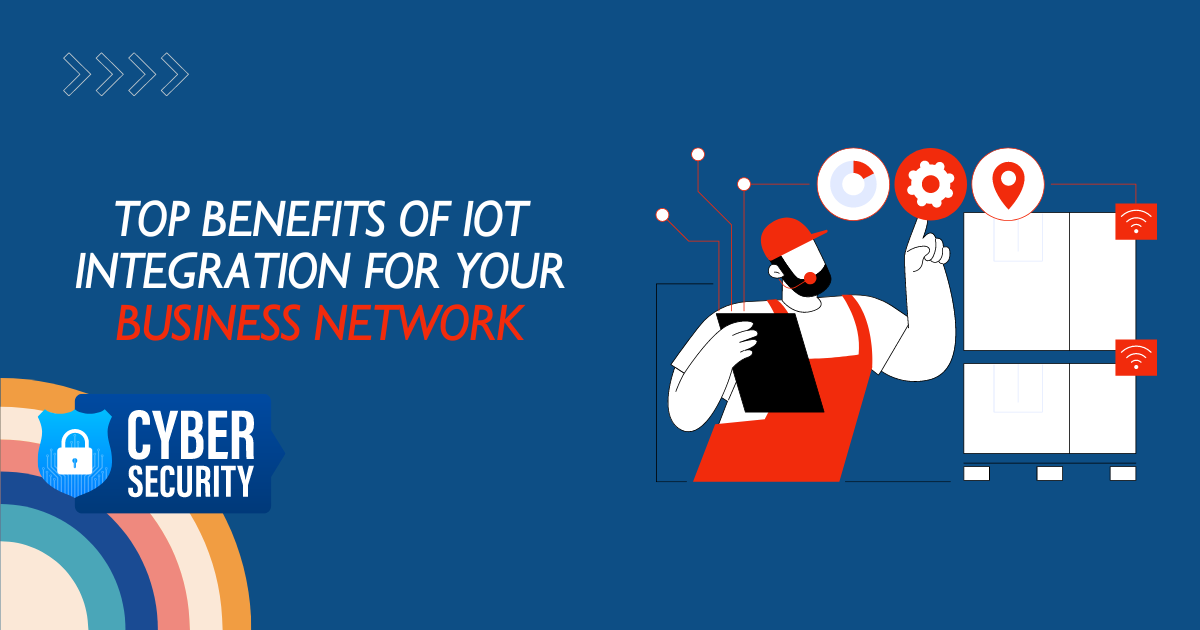Do you feel comfortable leaving your company’s most valuable items in the cloud? This has become a common query by many businesses and individuals, who answer in an affirmative way; however, this poses another issue on the part of cloud service providers. Is your data secure in the cloud and will your provider keep it safe? This blog will discuss on how to assess for cloud security. Here are key things to look out for; certifications you must enquire about, and how to navigate through this process safely.
Cloud security is of great significance since it protects confidential information, applications as well as infrastructure located in the cloud against unauthorised access, data leakage and cyber menace. With more and more cloud based services being used by organizations, the safety of such information is highly imperative. Breaches could result in huge costs, damages on reputation and lawsuits by the parties involved. These risks are prevented through robust cloud security which promotes data privacy, compliance with regulatory provisions, and ensures consistent operation of crucial business mechanisms.
When selecting a potential cloud service provider, one has to be keen in all the aspects of each vendor. AWS, Microsoft Azure, and Google Cloud, established providers, are reputed to have strong security policies. This gives rise to a diverse set of security features and procedures derived from their vast resources. However, don’t stop there. You should also consider examining small companies that would supply you with extra security features. This is especially the case with small providers who could be far more personalized in their approach and address specific concerns that huge security providers could overlook.
When it comes to cloud services providers, data protection comes first. Ensure they use strong data encryption techniques during transit and while storing. Provision of strong encryption ensures that your secret information is safeguarded even if there is some intrusion. Also, ask them their data privacy policies such as how they safeguard your data, who access the data, their reaction in the case of a data breach. This will help in preserving data integrity and privacy.
Providers must incorporate aspects of disaster recovery and redundancy in their security strategy as this is crucial. Ask them how they intend to reduce downtime and information loss when service disruption or breach of data occurs. It is important to know your provider has disaster recovery plans to restore and protect your business and data continuity in case of disaster.
These legal documents spell out the kind of service and security a vendor will provide. Examine these contracts thoroughly, especially about back-up data, uptime warranties, and time to respond to security issues. These contractual agreements clearly enunciate the levels of security that you should expect from the provider and what remedies you have in case they do not honor their contractual obligations.
This is another guarantee that the security practices adopted by a provider have undergone third-party security audits. Transparency and accountability come into place when the providers accept these audits. These audits will generate insights into whether the provider is implementing security measures appropriately and effectively in line with the industry standards.
Reviews and testimonials of customers could tell a lot about how secure a provider is, and how efficient they are. Focus on feedback concerning any security issues. Getting such real-world experiences from other clients can help you determine what the provider is able to handle in terms of securities issues, how responsive and effective are their security teams in the practice.
Many institutions struggle with balancing cost versus security. Considering budget is necessary but not at the expense of insecurity. Compare the pricing policy with the safety measures. Sometimes, it is fair to pay slightly higher than usual, so as to get strong security measures that guarantee peace for your priceless information and activities.
The real-world case studies on cloud security breaches can be important lessons. The case studies help to understand what kinds of vulnerabilities can be exploited and how the provider responded (or did not respond) in order to protect the network from attacks.
Apart from depending on the security measures of your cloud provider, you should also adopt some extra security measures for your own part. These could be two-factor authentication, using network monitoring to track activity, and a staff’s understanding of security measures to protect data and applications. These internal measures may greatly improve your overall security stance while working in conjunction with the cloud service provider.
Managed security services could help boost your cloud provider’s security protocols. Such services include round the clock monitoring, detection of threats and incident management. By partnering with a managed security services provider, you will be able to enjoy the provider’s expertise in dealing with the security issues in real time, thus strengthening the cloud security.
Determining security of providers during journey to the cloud is key. This involves a detailed research, consideration of your needs and the security you will get. Therefore when using the steps outlined in the article, you are sure to arrive at a decision that protects your data and operations in the cloud.







